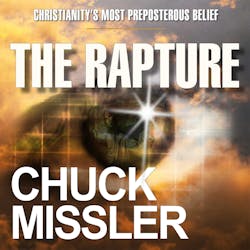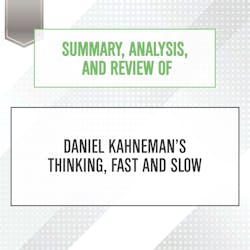What do Emily Dickinson, slave revolts, Babylonian Kings, and Monticello all have in common? A solar eclipse. Whether it was deciding on the location of a grand home (or castle), inspiring poetry, timing battles and revolts, or planning expeditions, eclipses have inspired fear and fascination. Solar eclipses allowed Ptolemy to determine the length of the Mediterranean and helped Einstein establish his General Theory of Relativity. Preliterate societies recorded eclipses on turtle shells found in "The Wastes of Yin" and on the Mayan "Dresden Codex." Eclipses were later instrumental in the creation of longitude and allowed Hubble to understand the expansion of the Universe (and disprove another theory of Einstein's in the process). John Dvorak, the acclaimed author of Earthquake Storms and The Last Volcano, examines this amazing phenomena and reveals the humanism behind the science. With insightful detail and vividly accessible prose, he provides explanations as to how and why eclipses occur—as well as insight into the eclipse of 2017, which was visible across North America.

Pegasus / Pegasus 11
book
The Gospel in the Stars
Joseph A. Seiss
book
You Are What You Risk : The New Art and Science of Navigating an Uncertain World
Michele Wucker
book
Why We Love : The New Science Behind Our Closest Relationships
Anna Machin
book
The Rapture : Christianity's Most Preposterous Belief
Chuck Missler
audiobook
The Secret Things of God : Unlocking the Treasures Reserved for You
Henry Cloud
book
The Jesus Papers : Exposing the Greatest Cover-Up in History
Michael Baigent
audiobook
The Secret Teachings of All Ages
Manly P. Hall
audiobookbook
Navigating Autism
Temple Grandin, Debra Moore
audiobook
Complex PTSD
Pete Walker
audiobook
Summary, Analysis, and Review of Daniel Kahneman's Thinking, Fast and Slow
Start Publishing Notes Start Publishing Notes
audiobook
Doomed to Fail : The Incredibly Loud History of Doom, Sludge, and Post-metal
J.J. Anselmi
audiobook





